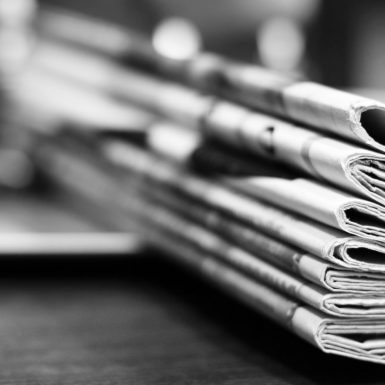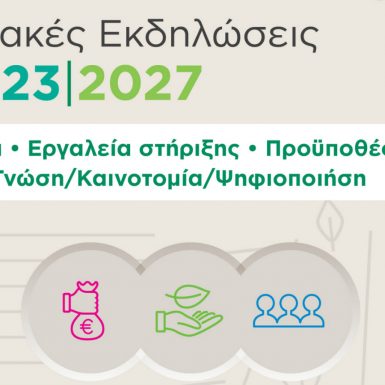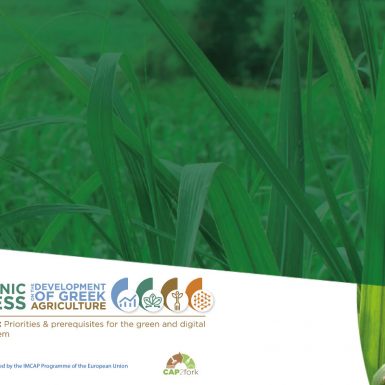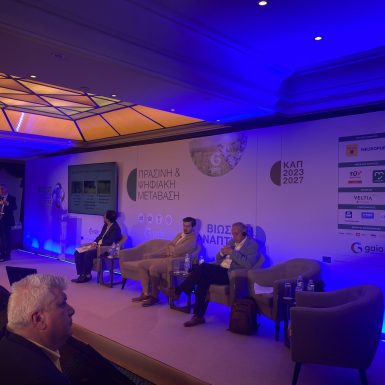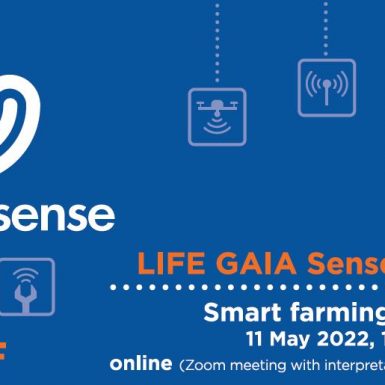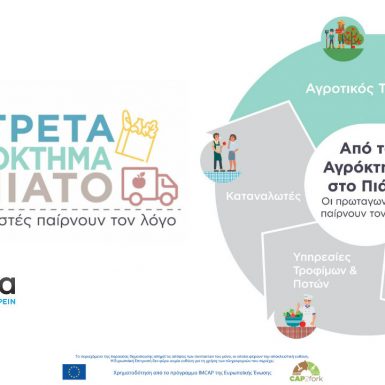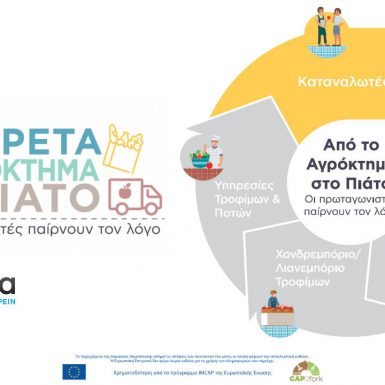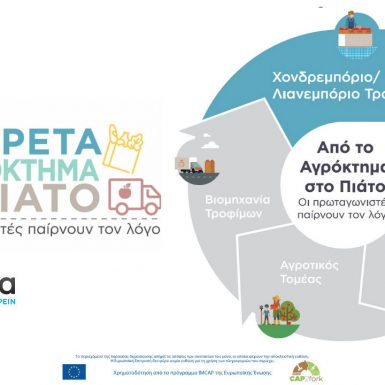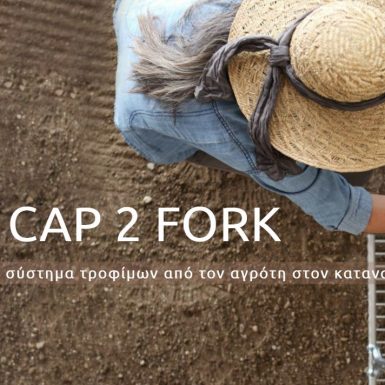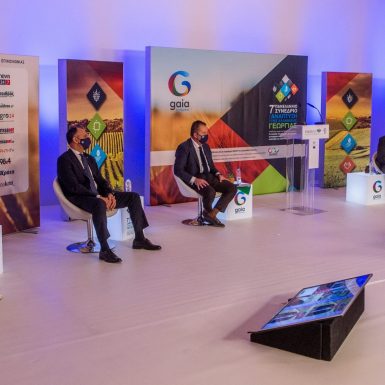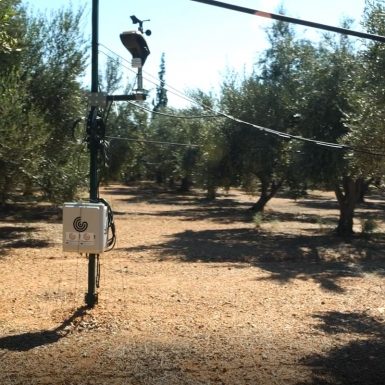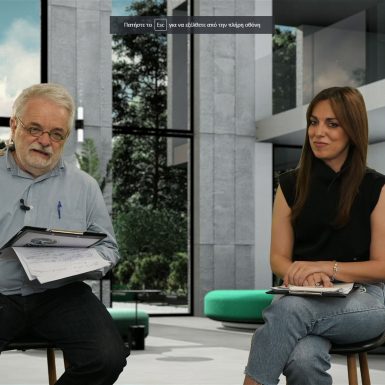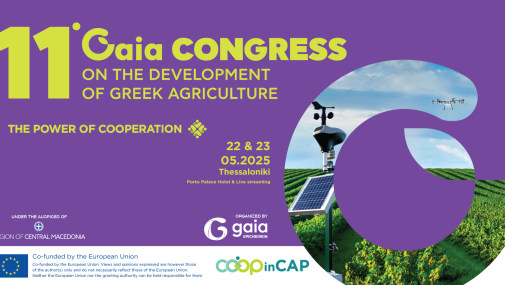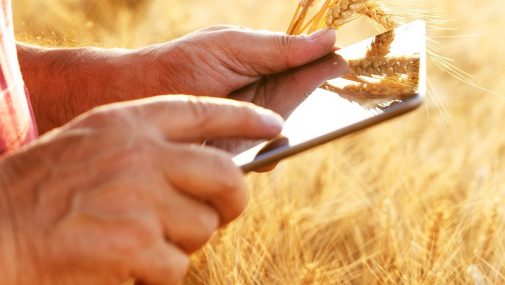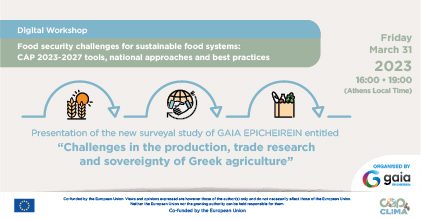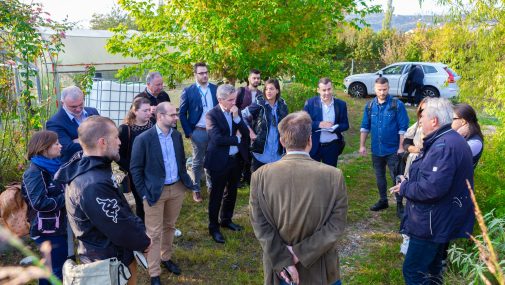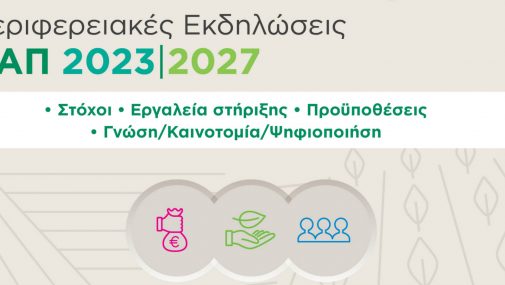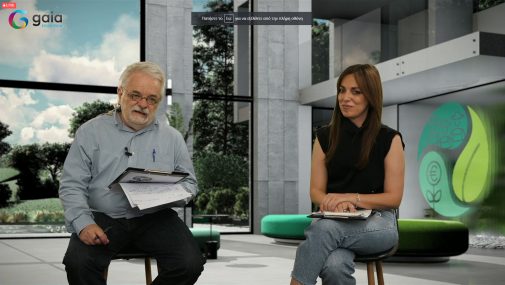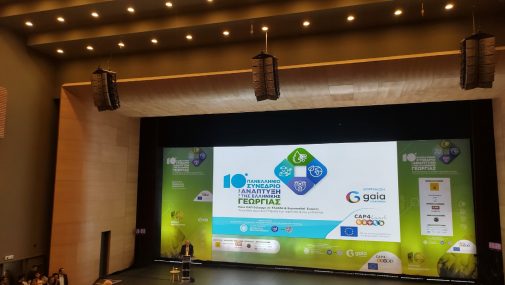This website uses cookies so that we can provide you with the best user experience possible. Cookie information is stored in your browser and performs functions such as recognising you when you return to our website and helping our team to understand which sections of the website you find most interesting and useful.
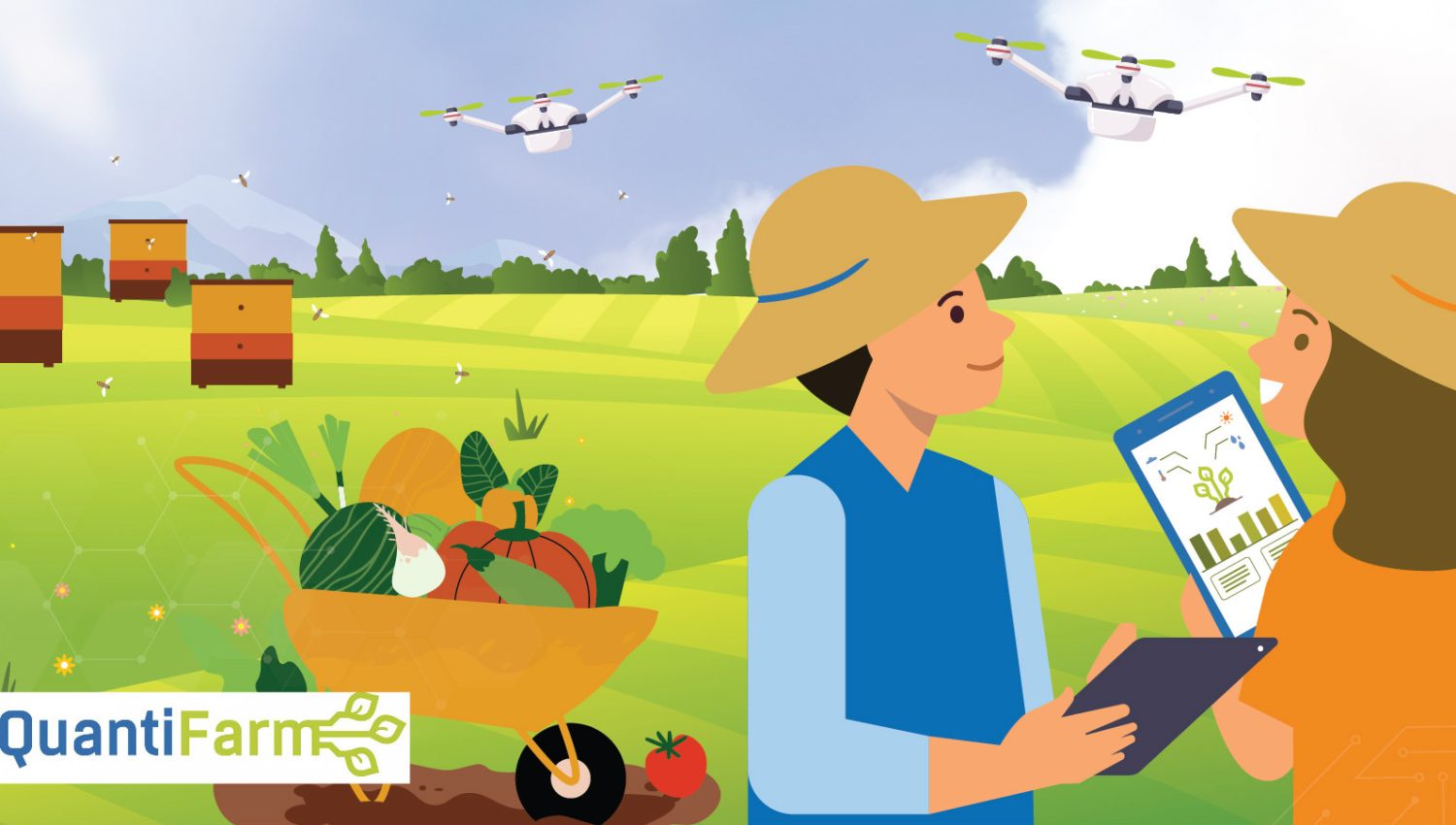
EU pilot project designs framework to evaluate the use of digital solutions for sustainable agriculture

Launched with the objective to assess the impacts of digitalisation in agriculture, QuantiFarm will develop and deploy a framework to evaluate the effectiveness and performance of digital tools that promise to modernise farming.
How do we know what’s the best technology for a given farm? That’s the question that led to the founding principle of QuantiFarm, a new EU project that wants to know if and how well digital tools perform in commercial agriculture. Equipped with a budget of €7.4 million, co-funded by the European Union, the project will be implemented by 32 partners across 20 countries. It commenced in July 2022 and will run for three and a half years.
Digital arms for agriculture
It’s true that the challenges before food producers are enormous — ranging from extreme global weather events to deforestation, and crop diseases and inadequate irrigation in between. Precision agriculture and smart farming tools are touted to be the solution or at least, a reliable helping hand.
But how well do they work and how can farmers determine what’s best for their farm?
QuantiFarm’s founding premise is based on the need to assess independently the quantitative and qualitative benefits and the potential sustainability gains of these tools, examining both their positive and negative potential impacts.
“QuantiFarm has a very ambitious mission: to tell European farmers the truth about using digital technologies,” said Dr. Nikolaos Marianos, the project head at QuantiFarm. “But in order to tell the truth one has first to discover it! For this reason, QuantiFarm will run 30 experiments covering all European bioclimatic regions and sectors.”
Despite the interest, investment and benefits of digital technologies in agriculture – often labelled as “precision agriculture” or “smart farming” – the uptake and use of these technologies has been slow. And it is not without reason. Farmers often expect evidence that these tools work.
The project’s overall ambition is to support the further deployment of digital tools as key enablers for enhancing economic, environmental and social sustainability. But first it wants to convince farmers with evidence that it works. Thereafter, QuantiFarm aims to make these assessments and its impacts replicable, comparable and of practical use to farmers.
Launched in July 2022 under the auspices of Horizon Europe with a budget of €7.4 million, the project will be conducted with a consortium of 32 partners. This will include farmers, advisors and scientific research institutions from 20 countries including Finland, Greece, Bulgaria, Belgium, Ireland, Spain, Italy, Netherlands, France, Romania, Lithuania, Latvia, Croatia, Poland, Portugal, Slovenia, Serbia, Cyprus, Switzerland, and the UK.
A pan-European approach
QuantiFarm’s strategy takes care that the project adequately encompasses and represents European diversity. In numbers that means, 30 test cases spanning over 20 countries in 10 (of the 11) biogeographical regions across Europe that will take place in 100 commercial farms from 7 agricultural sectors across 20 crops and animals.
For instance, in the Mediterranean region of Greece, gaiasense is used to grow olive trees, in the continental region of Netherlands, soil sensors and drones are tested in apple production, and in the Atlantic region of Ireland, robots milk cows.
Furthermore, this assessment data collected across the test cases will be fed to the QuantiFarm Toolkit to increase awareness and support future decision making.
Tools and knowledge at farmers’ hands
The toolkit will consist of a set of interactive and user-friendly tools for farmers, advisors, and policy makers. Some examples include cost and benefit calculators, benchmarking and policy monitoring tools that can be downloaded and reused – even from 3rd party platforms and after the project’s lifetime.
QuantiFarm Digital Innovation Academy will be established to ensure the farmers select the best tools suited to their individual needs. It will also provide recommendations and the most appropriate business models to adopt. To this end, the academy will offer 12 training events that follow the approach of the “Train-the-Trainer” Program for advisors, who support and standby as consultants for farmers.
This concerted effort, QuantiFarm hopes, will give real and systematic evidence to the widespread assumption that adoption of digital technologies benefit farmers financially, and have positive impacts on social and environmental sustainability of agriculture.
In doing so, QuantiFarm will contribute to the (little) work that has been done so far on the real cost benefit of using digital technologies to compare between digitised and non-digitised farms of similar agronomic activity.
Notes to editors:
At a glance – Key facts and figures
- Instrument: Horizon Europe
- Total costs: € 7,397,382
- Duration: 3,5 years, 2022-2025
- Consortium: A total of 32 partners from 20 European countries
| Project Coordination | Dr. Nikolaos Marianos GAIA EPICHEIREIN ANONYMI ETAIREIA PSIFIAKON YPIRESION (GAIA) 42 Polidefkous & Asklipiou 18545 Piraeus, Greece Email: n_marianos@c-gaia.gr |
| Project Communication | Grigoris Chatzikostas Foodscale Hub Greece (FSH) L.SOFOU 20 57001 Thermi, Thessaloniki, Greece Email: g@foodscalehub.com |
| Disclaimer Funded by the European Union. Views and opinions expressed are however those of the author(s) only and do not necessarily reflect those of the European Union or Research Executive Agency. Neither the European Union nor the granting authority can be held responsible for them. |

© QuantiFarm Consortium, 2022
Reproduction is authorised provided the source is acknowledged.



